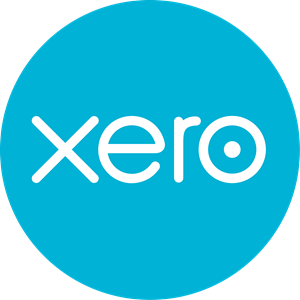We Niched Down In The Recruitment Space And Are Generating $20K/Month In Revenue
Hello! Who are you, and what business did you start?
My name is Jacob Fiore, and I started a recruiting business to help high-growth startups find the best talent. This was initially a side project while I was working full-time in investments for a mutual fund company. After six months as a side hustle, I was able to go full-time and haven’t looked back.
There are a lot of generalists in recruiting. What can help set you apart is focusing on specific roles. For instance, our focus has been software engineering. 95% of our business has come from placing software engineers into venture capital-backed startups. We work with companies creating innovative technology with around $1B raised in venture funding.

What's your backstory, and how did you develop the idea?
My dad was an entrepreneur in the toy industry. He was a leading player in the claw arcade game. So growing up, it...

Download the report and join our email newsletter packed with business ideas and money-making opportunities, backed by real-life case studies.

Download the report and join our email newsletter packed with business ideas and money-making opportunities, backed by real-life case studies.

Download the report and join our email newsletter packed with business ideas and money-making opportunities, backed by real-life case studies.

Download the report and join our email newsletter packed with business ideas and money-making opportunities, backed by real-life case studies.

Download the report and join our email newsletter packed with business ideas and money-making opportunities, backed by real-life case studies.

Download the report and join our email newsletter packed with business ideas and money-making opportunities, backed by real-life case studies.

Download the report and join our email newsletter packed with business ideas and money-making opportunities, backed by real-life case studies.

Download the report and join our email newsletter packed with business ideas and money-making opportunities, backed by real-life case studies.





















